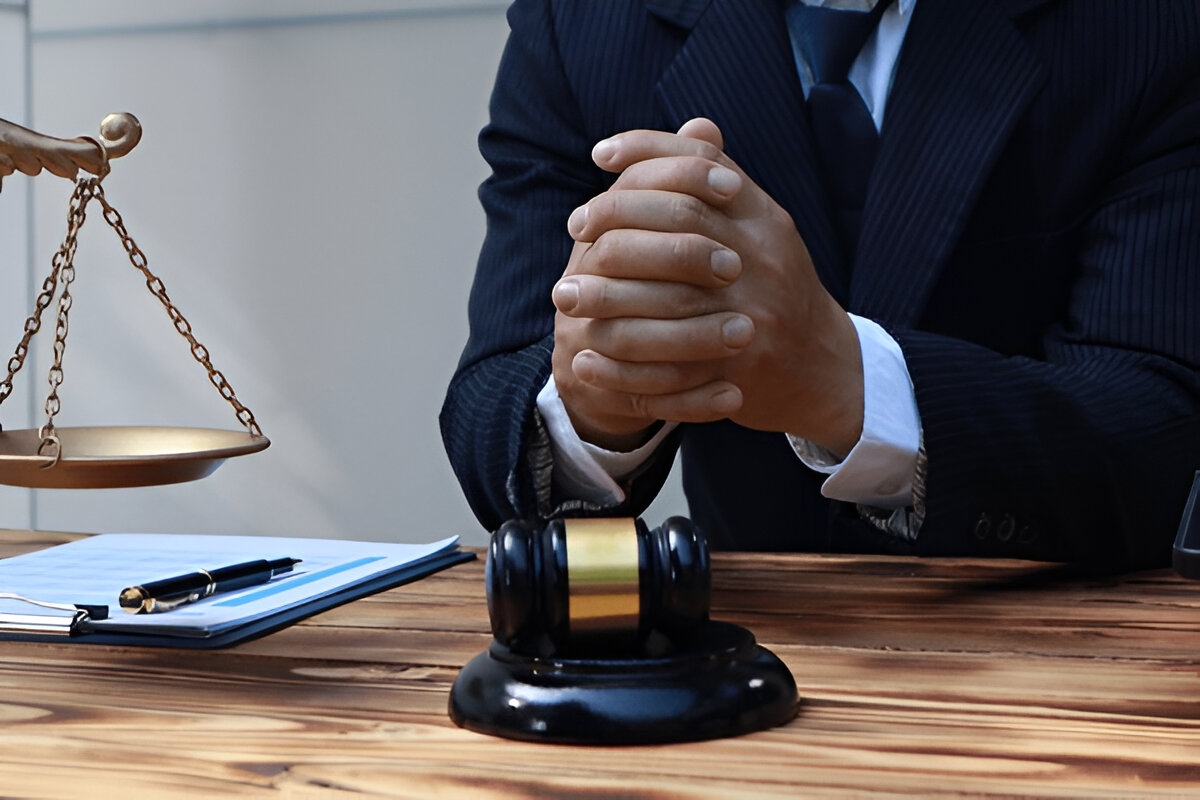Have you ever wondered what happens when someone is accused of a crime in Australia? Is it all dramatic courtroom scenes like you see on TV, or is there much more going on behind the scenes? Chances are, if you’re facing any kind of criminal charge, you want to know exactly what’s real, what’s exaggerated, and how to protect your own interests.
This post aims to answer those big questions and set your mind at ease. We’ll talk about what criminal lawyers do and why their role is so important. We’ll also look at the most common criminal offences in Australia and dig into your legal rights if you’ve been accused of a crime. Along with that, we’ll explore the stages of the criminal justice process, how charges might be reduced or dropped, and what it takes to find the right lawyer for your situation.
What Do Criminal Lawyers Do?
Criminal lawyers play a vital role in the Australian justice system. Their main job is to represent clients who are being investigated, charged, or tried for criminal violations. They handle each step of the process, starting from giving legal advice during a police investigation to building a strong defence strategy if the case goes to trial. They also offer critical insights on plea bargains, sentencing, and other post-trial matters.
When you first ask, “What do criminal lawyers do?” the short answer is: they help you understand the accusations, gather evidence, and try to achieve the best possible outcome. Yet their work goes beyond simply arguing in court. Criminal lawyers advise on how to respond to police questioning, help you comply with bail conditions (if granted), and make sure your rights are protected throughout. This can mean challenging mistakes in evidence collection or pointing out any procedural missteps that might affect your case.
Do I Always Need a Criminal Lawyer to Represent Me?
Legally, you can represent yourself, but that can be risky if you don’t understand court procedures or legal jargon. Even for minor charges, the guidance of criminal lawyers can help you avoid pitfalls that could jeopardise your results. Going without professional help might cost you more in the long run, both financially and personally. With a lawyer, you’ll be better equipped to argue in your own defence, complete necessary paperwork, and adhere to deadlines.
How Can Legal Representation Reduce or Drop Charges?
Lawyers, with a wealth of industry experience, know how to evaluate your case and identify weaknesses in the prosecution’s arguments. If they spot crucial evidence that’s missing, flawed, or obtained illegally, they can request the charges be updated, reduced, or even dismissed. Sometimes, the mere presence of a credible lawyer forces the prosecution to be more careful, leading to negotiations that might soften the consequences you face.
Can a Criminal Lawyer Help Me Avoid Going to Court Altogether?
Yes, in certain situations, a lawyer can negotiate with the prosecution to settle the matter out of court. This might involve a warning, a fine, or a community-based order instead of a full-blown trial. These arrangements often apply to first-time offenders facing minor charges. However, every case is different, and the final decision depends on how cooperative the prosecution is and what kind of evidence they have.
Choosing the Right Criminal Lawyers
Selecting the right legal representation can feel challenging, especially when the stakes are high. However, a thoughtful approach to finding a lawyer can make all the difference between a stressful experience and a more manageable one.
Experience and Specialisation
Not all lawyers deal with the same kinds of cases. For serious charges like assault or drug trafficking, you’ll want someone who has handled similar matters many times before. They should be familiar with the strategies that judges and prosecution teams use in these scenarios. If your charges are relatively minor, you could seek a lawyer who specialises in less severe offences. In both cases, choose someone who’s highly knowledgeable, results-driven, and transparent about the legal process.
Communication and Transparency
Good communication is key. You’ll likely have questions, and you’ll want to hear updates about your case as soon as they arise. A lawyer who’s easy to talk to and explains everything in plain English is invaluable. They should be upfront about possible outcomes, even if they’re not all positive. Knowing the worst-case scenario can help you prepare mentally and explore alternative options you might not have considered.
Fee Structures and Payment Options
Legal representation can be expensive, but you shouldn’t let cost alone determine your choice. Many lawyers offer a range of fee structures, including fixed fees, hourly rates, or payment plans. Ask about these options from the outset so you aren’t caught off guard. While it might be tempting to choose the cheapest option, it’s worth balancing cost with the quality of service you’ll receive. After all, your reputation and freedom are potentially on the line, so it’s crucial to make an informed choice.
Conclusion:
The bottom line is that criminal law is complex, and going through it without proper help can feel overwhelming. By knowing what criminal lawyers do and how they assist at each stage—whether it’s clarifying your rights upon arrest or challenging evidence in court—you’re better prepared to navigate this sometimes-intimidating legal terrain. When you understand the charges, the legal process, and your possible defences, you have the power to make informed decisions and protect your interests.
If you’re in Australia and dealing with a minor offence, a seasoned lawyer might help keep a one-off mistake from turning into a major setback. For more serious charges, you’ll have an advocate who can question the credibility of witnesses, find inconsistencies in the prosecution’s evidence, and strategise for less severe sentencing. Even if you’ve already been convicted, appealing a decision could be the second chance you need.
